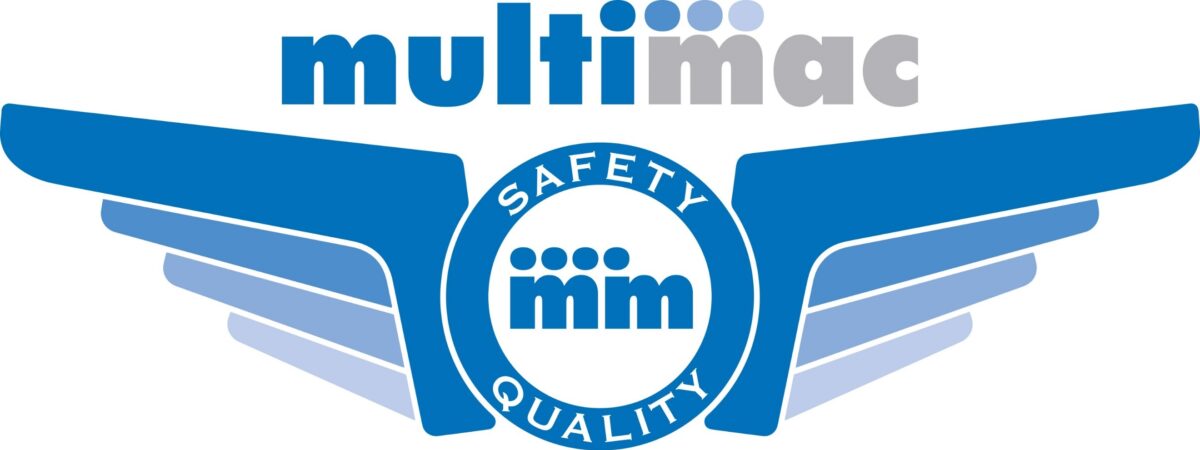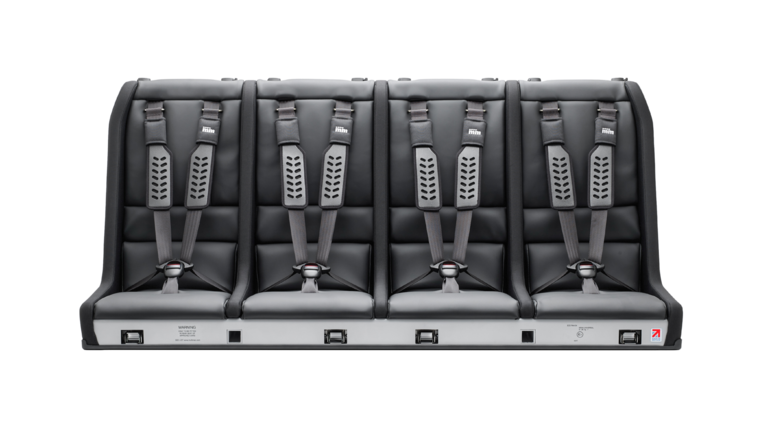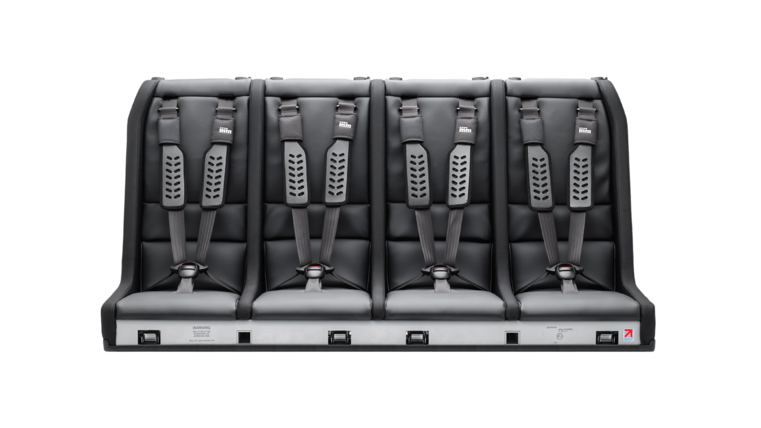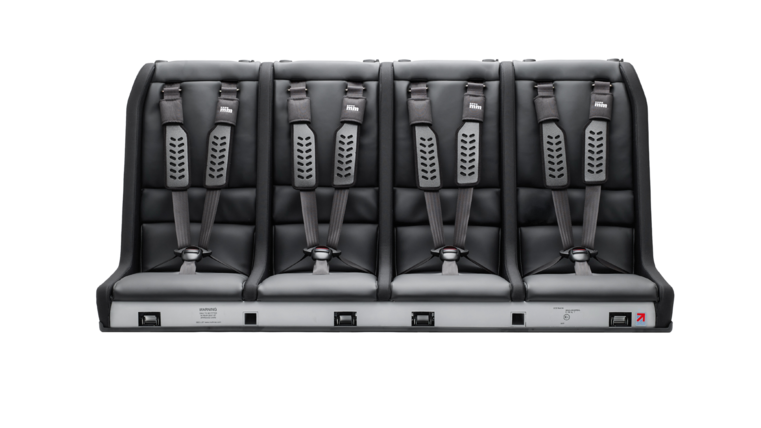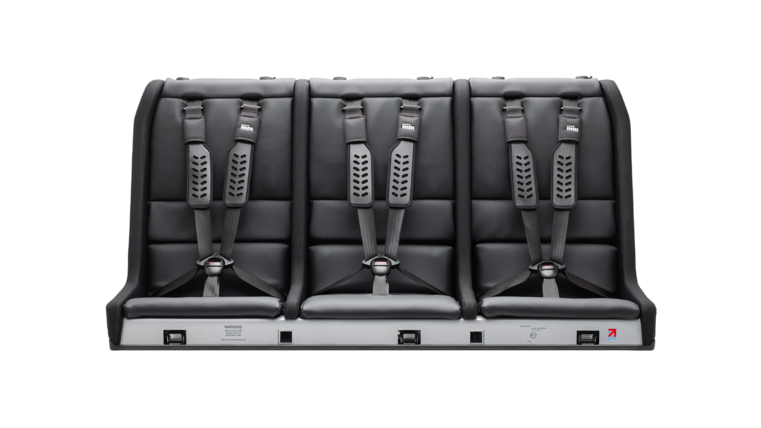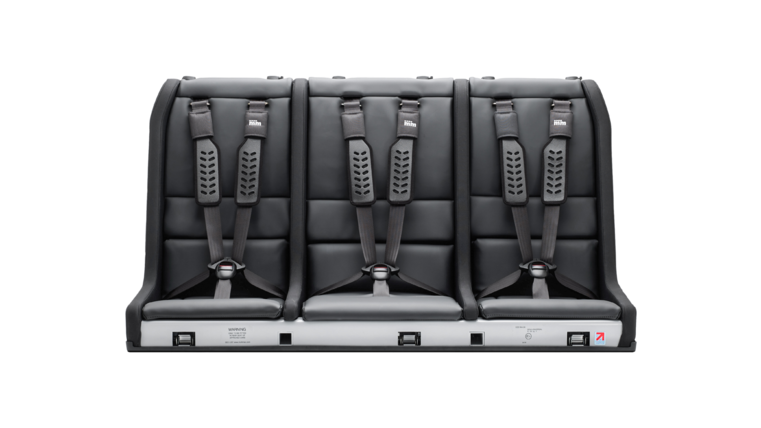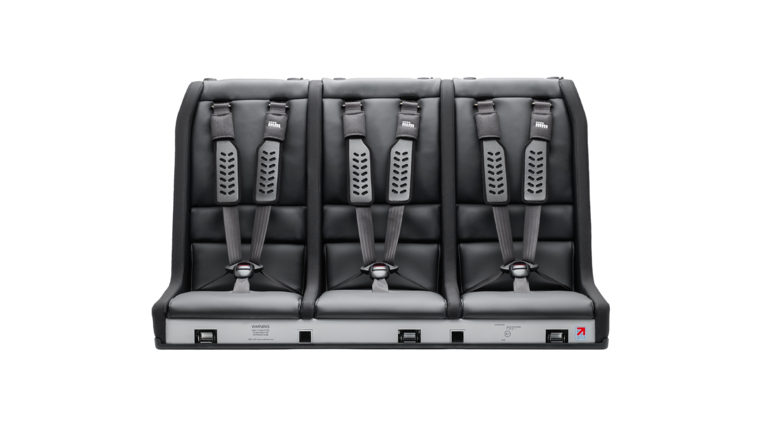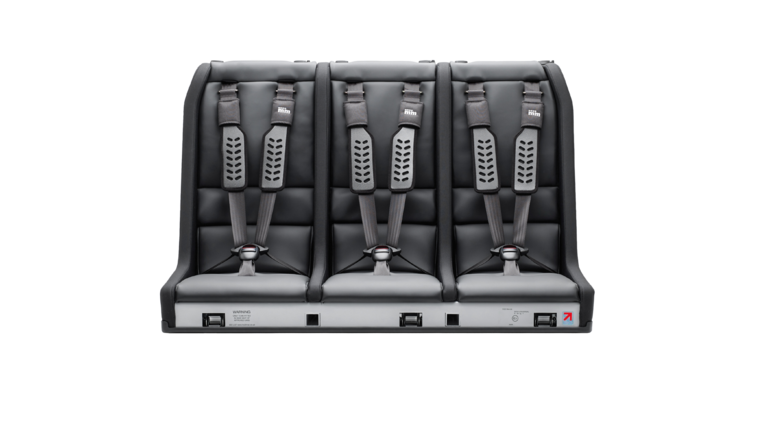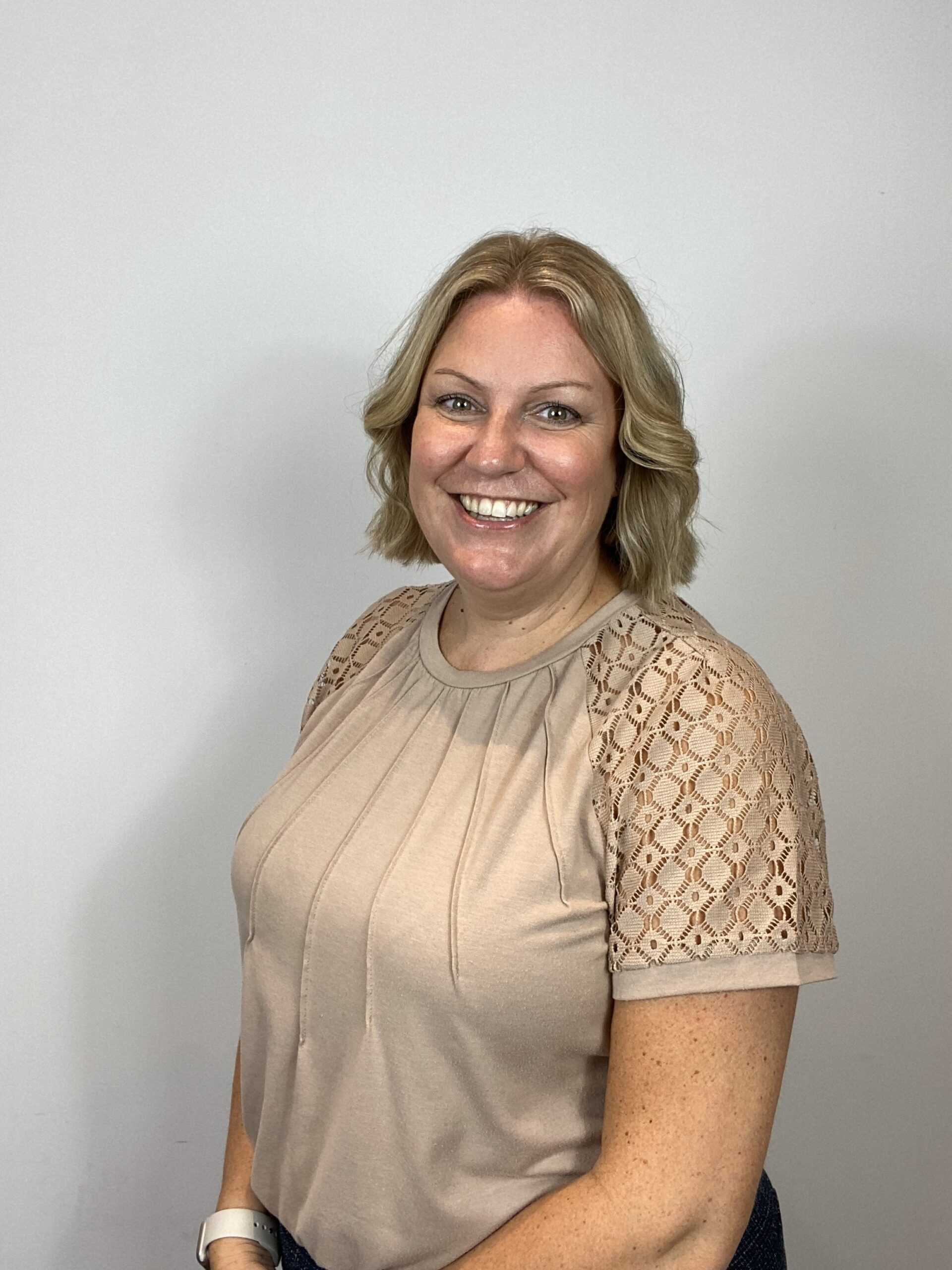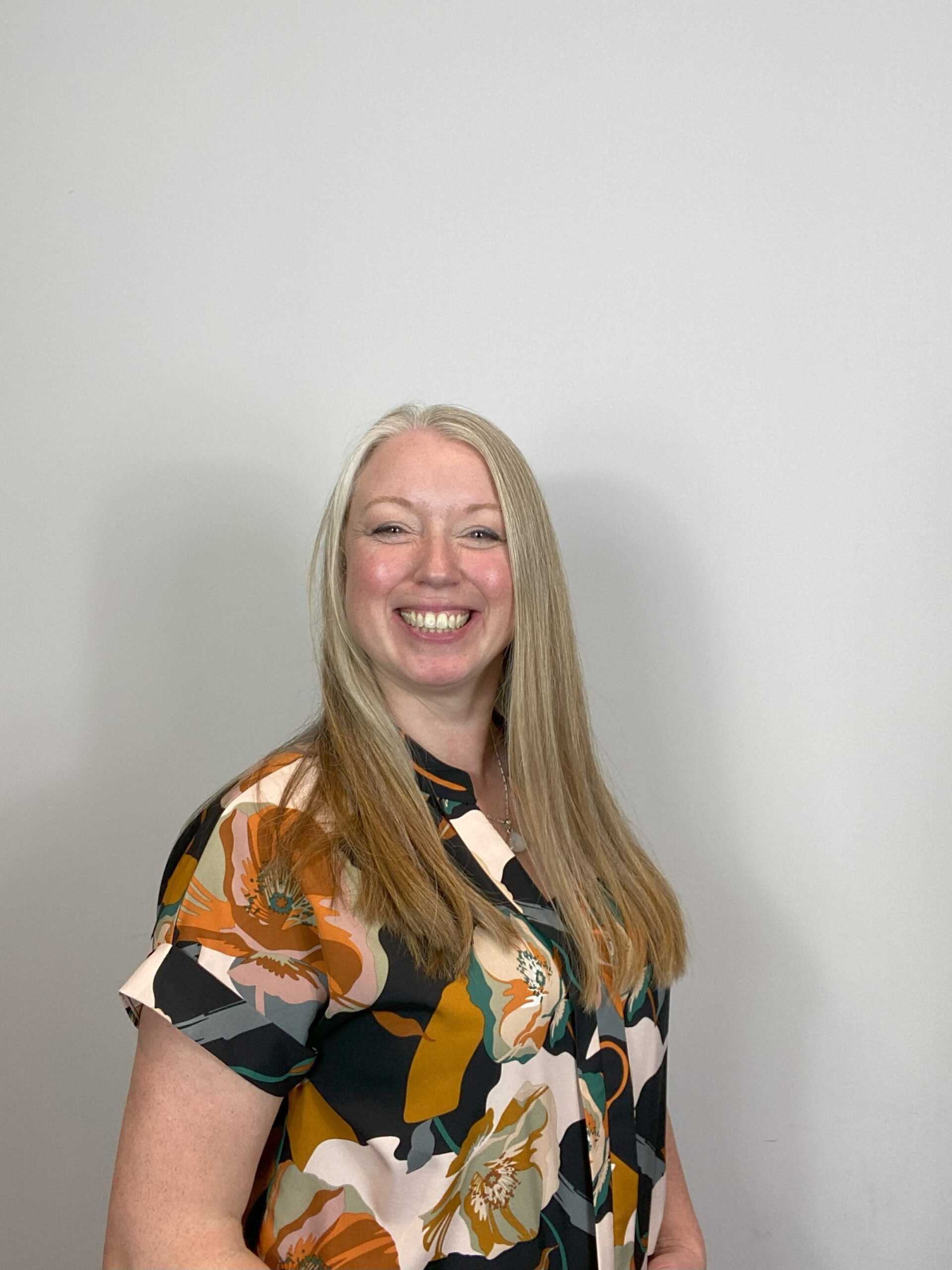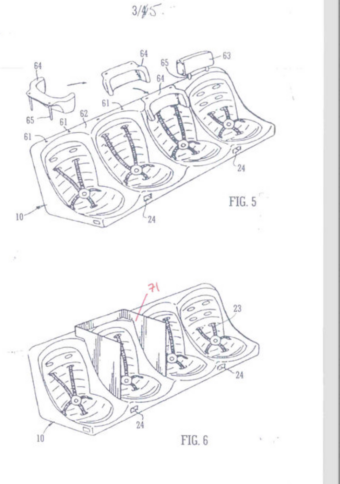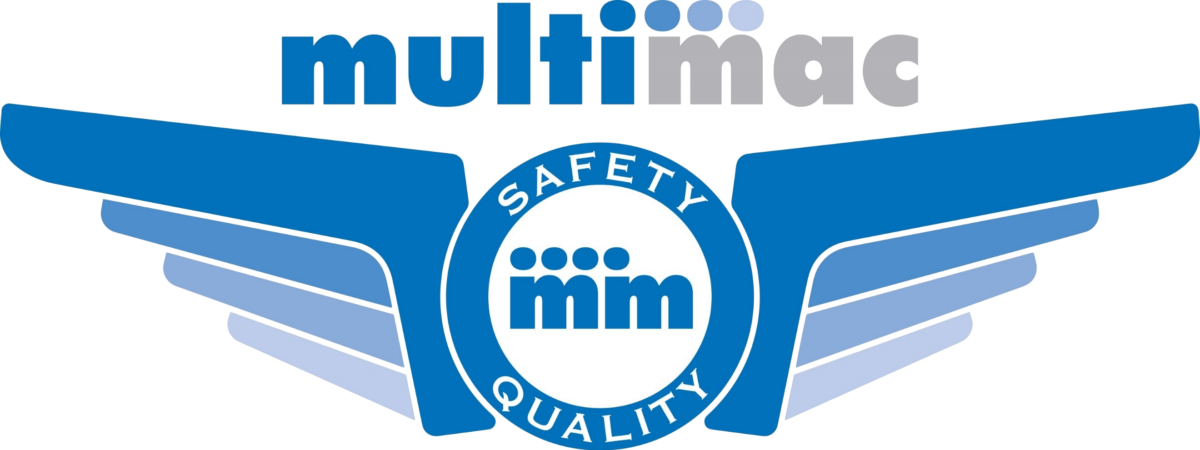Kevin Macliver
Macliver came up with idea of the Multimac when his forth child was born, having spent many years as an engineer he was used to designing solutions to problems. As a petrol head that appreciated cars and safety, he did not want to transport his children in a 7 seater which are often deemed unsafe and unpractical.
It was no easy journey inventing the only multiple child seat on the market, and ended up taking 13 years to get European approval. Tenacity is his middle name…

Kevin Macliver
Director
Kevin Macliver
Macliver came up with idea of the Multimac when his forth child was born, having spent many years as an engineer he was used to designing solutions to problems. As a petrol head that appreciated cars and safety, he did not want to transport his children in a 7 seater which are often deemed unsafe and unpractical.
It was no easy journey inventing the only multiple child seat on the market, and ended up taking 13 years to get European approval. Tenacity is his middle name...
